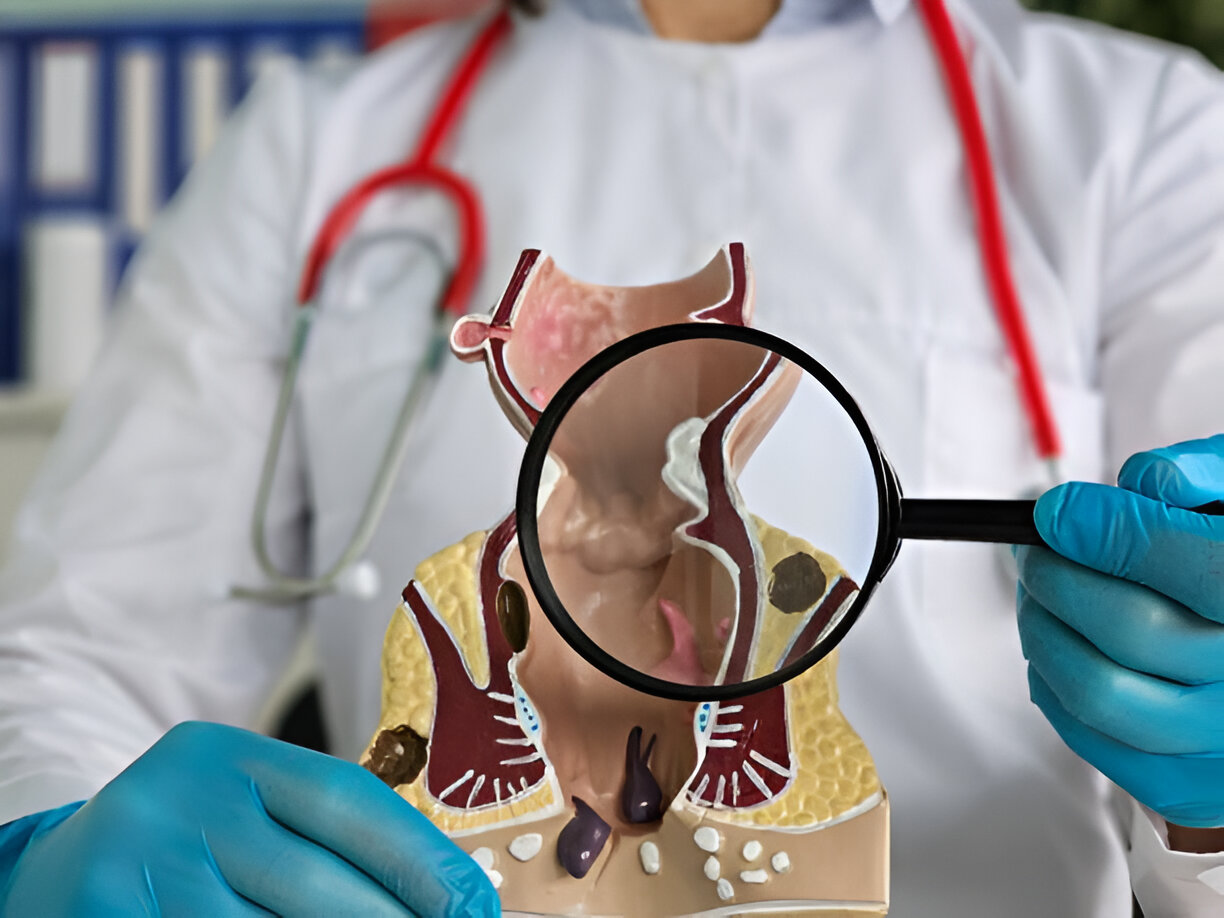
Septum Resection
Septum resection is a surgical procedure that involves the removal of a portion of the nasal septum, which is the cartilage and bone structure that separates the two nostrils. This procedure is often performed to correct a deviated septum or to treat chronic nasal obstructions.
Symptoms
- Difficulty breathing through one or both nostrils
- Frequent nasal congestion
- Sinus infections
- Nosebleeds
- Headaches
- Facial pain or pressure
- Snoring
Causes
- Deviated septum (a common condition where the septum is displaced to one side)
- Nasal trauma or injury
- Congenital conditions (conditions present at birth)
- Chronic nasal obstruction or sinusitis
What are the treatment options ?
Medication
- Nasal decongestants
- Steroid nasal sprays
- Antibiotics for infections
Surgical Interventions:
- Septoplasty: A procedure to straighten the deviated septum.
- Septum Resection: Removal of a part of the septum to alleviate severe obstructions or improve nasal airflow.
Other Therapies:
- Use of nasal strips to aid breathing
- Humidifiers to keep nasal passages moist
Health Care Tips?
- Follow Post-Surgery Instructions: Adhere to your surgeon's guidelines for care, including taking prescribed medications and avoiding strenuous activities.
- Manage Pain and Swelling: Use ice packs and take pain medications as directed to minimize discomfort and swelling.
- Keep Nasal Passages Moist: Use saline nasal sprays or a humidifier to prevent dryness and irritation.
- Avoid Irritants: Steer clear of smoke, strong odors, and allergens that can irritate your nasal passages.
- • Attend Follow-Up Appointments: Regular check-ups with your healthcare provider are essential to monitor healing and address any concerns.
How It Works?
Septum resection is generally considered a minor surgical procedure, but it involves anesthesia and requires some recovery time.
Recovery time can vary, but most people resume normal activities within 1-2 weeks. Full healing may take several weeks.